A single peat moor stores the carbon of 1,000,000 cars — and this 'climate-action trump card' needs urgent protection
Recent research has discovered that one moor in Yorkshire stores as much carbon as one million cars would release in a year, highlighting why we need to restore them.

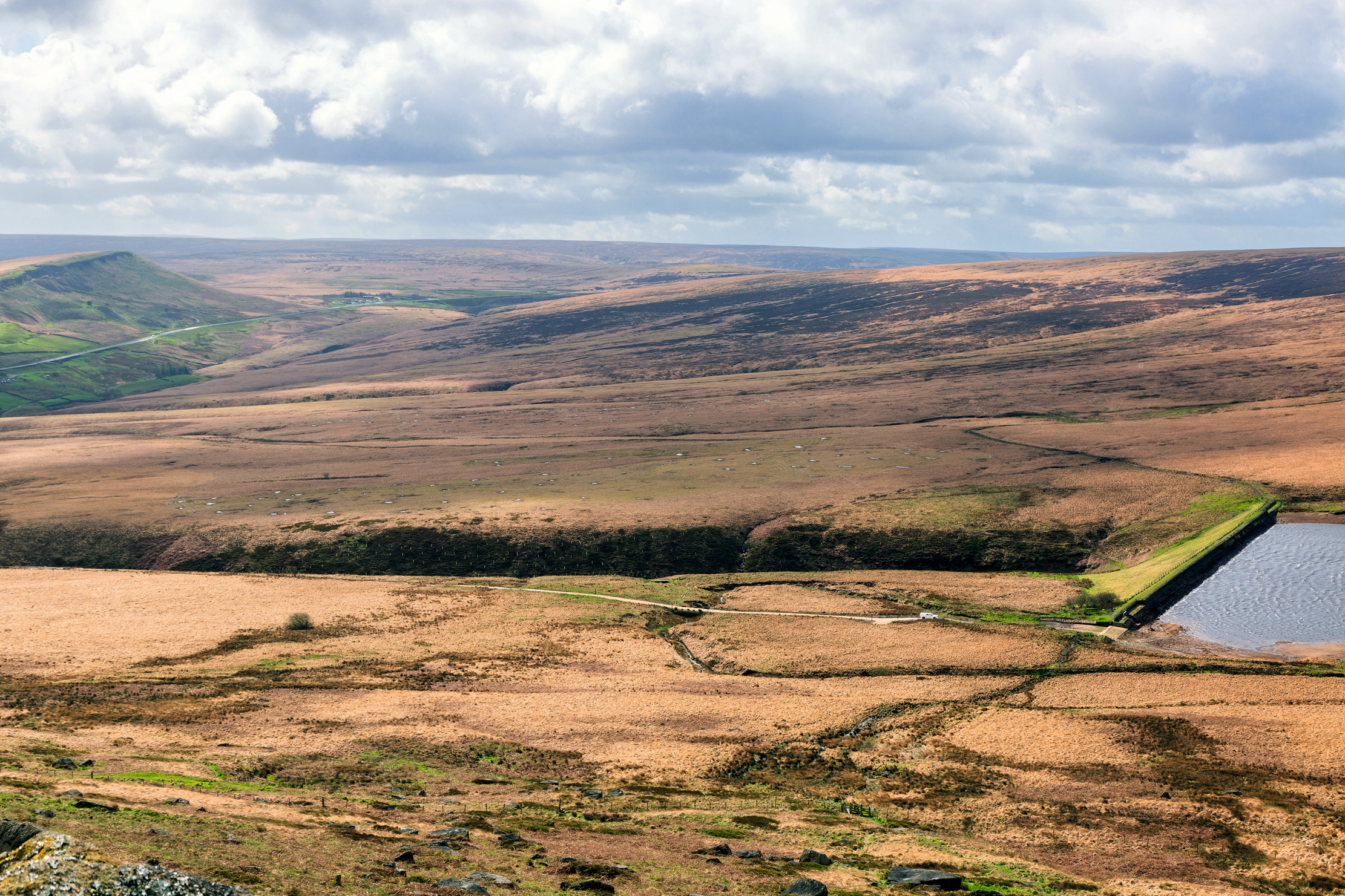
One West Yorkshire moor stores an equivalent amount of carbon to that released annually by a million cars, find researchers from the University of Leeds, which is about three times more than previously thought.
Marsden Moor, which covers 5,683 acres between Manchester and Leeds, has been the subject of a study in which, for 100 days over the course of four years, university researchers, community volunteers and National Trust rangers have been testing peat depth and stratigraphy (the make up of different layers created over time) across 2,290 different locations. This thorough undertaking has provided an accurate estimate of the amount of peat on the estate — 21 million cubic tons, which stores between one and 1.5 million tons of carbon.
‘A good carbon storage estimate is extremely important as it can illustrate the value of these moorlands and their role in mitigating climate change,’ explains Antony Blundell, palaeoecologist and senior researcher into peatlands at the University of Leeds. ‘The work of the volunteers has allowed us to gather much more data than we would normally have available — so we expect a robust estimate of carbon storage to be derived from this project.’
"Peat is like a book — once you can read it, you can understand the history of a place"
Radiocarbon dating of the layers of peat — which forms from dead or decaying organic plant matter — shows it began to take form some 10,000 years ago and has grown ‘up to 1mm a year’, with the deepest areas more than five metres deep. ‘Some depths showed evidence of Stone Age fires and sites at other depths had evidence of ancient trees, including pine and birch, and others again showed partially degraded vegetation,’ adds Dr Blundell.
‘Peat is like a book — once you can read it, you can understand the history of a place and how you might restore it… From these preliminary findings, we can begin to create a database of peat quality and constituents linked to the vegetation across the estate, which should be unique in the UK.’
Concurrently, the National Trust, under the advice of the Calderdale Sphagnum Project (funded by the National Lottery), set up its first sphagnum-moss nursery last year and plugs will be ready for planting out this autumn. ‘The team has been able to locate areas where sphagnum moss and cotton sedges are strongly preserved in the peat, but are not present today because of 200 years of industrialisation and pollution,’ says Ian Dowson, Marsden National Trust area ranger. ‘We are confident they can flourish again.’
The National Trust owns 25,000 hectares (61,776 acres) of peatland across England, Wales and Northern Ireland (2.5% of the total), ‘of which 70% (17,500ha/43,243 acres) is currently in a degraded condition,’ says Tia Crouch, Trust peat ecologist. ‘Healthy peatlands are a climate-action trump card. Our vision is to have all the degraded peat-lands in our care under restoration by 2040. We are making good progress with restoration underway across nearly 6,000 hectares [14,826 acres] since 2021.’
Exquisite houses, the beauty of Nature, and how to get the most from your life, straight to your inbox.
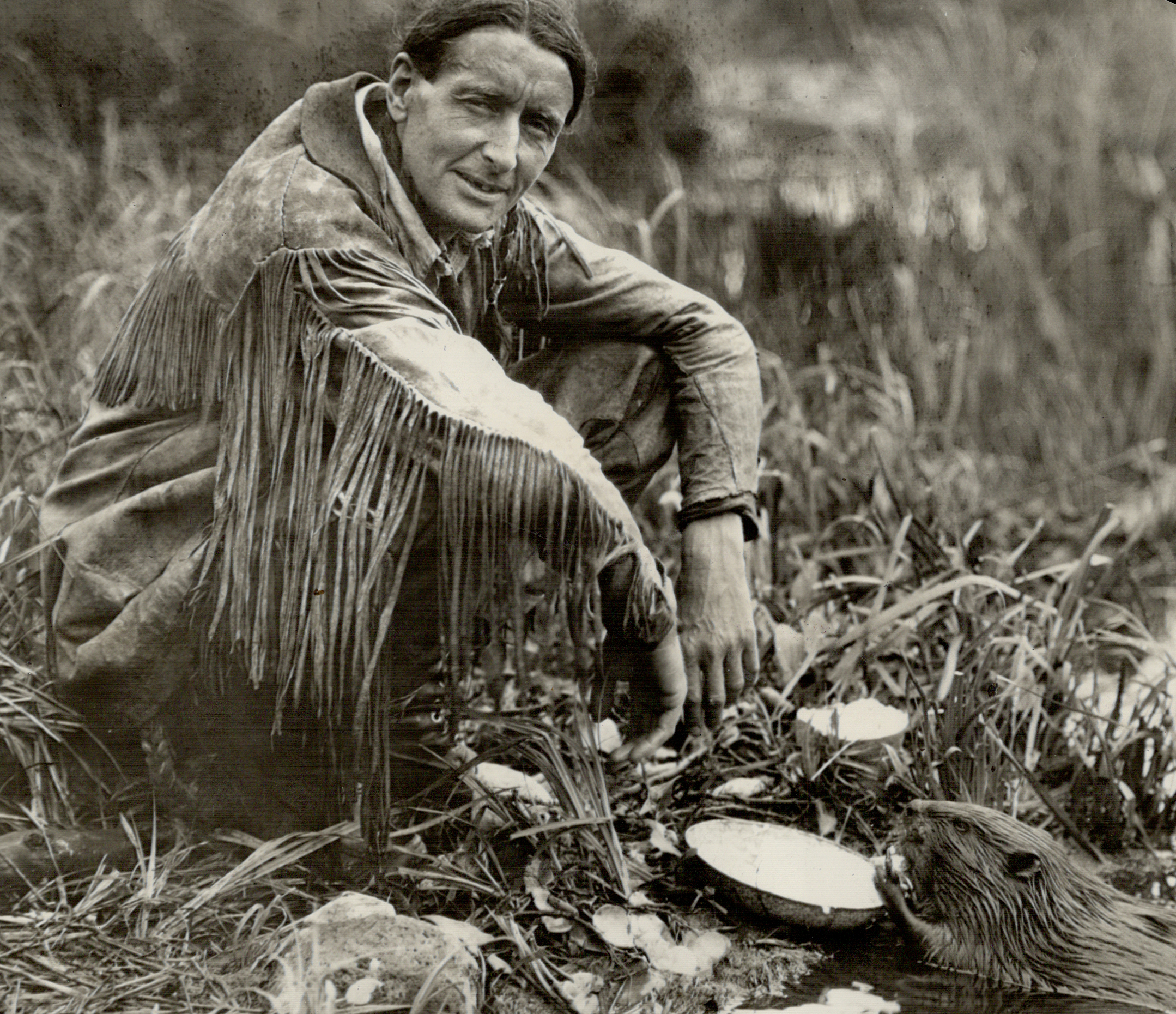
The 1930s eco-warrior who inspired David Attenborough and The Queen, only to be unmasked as a hoaxer and 'pretendian' — but his message still rings true
Martin Fone tells the astonishing story of Grey Owl, who became a household name in the 1930s with his pioneering
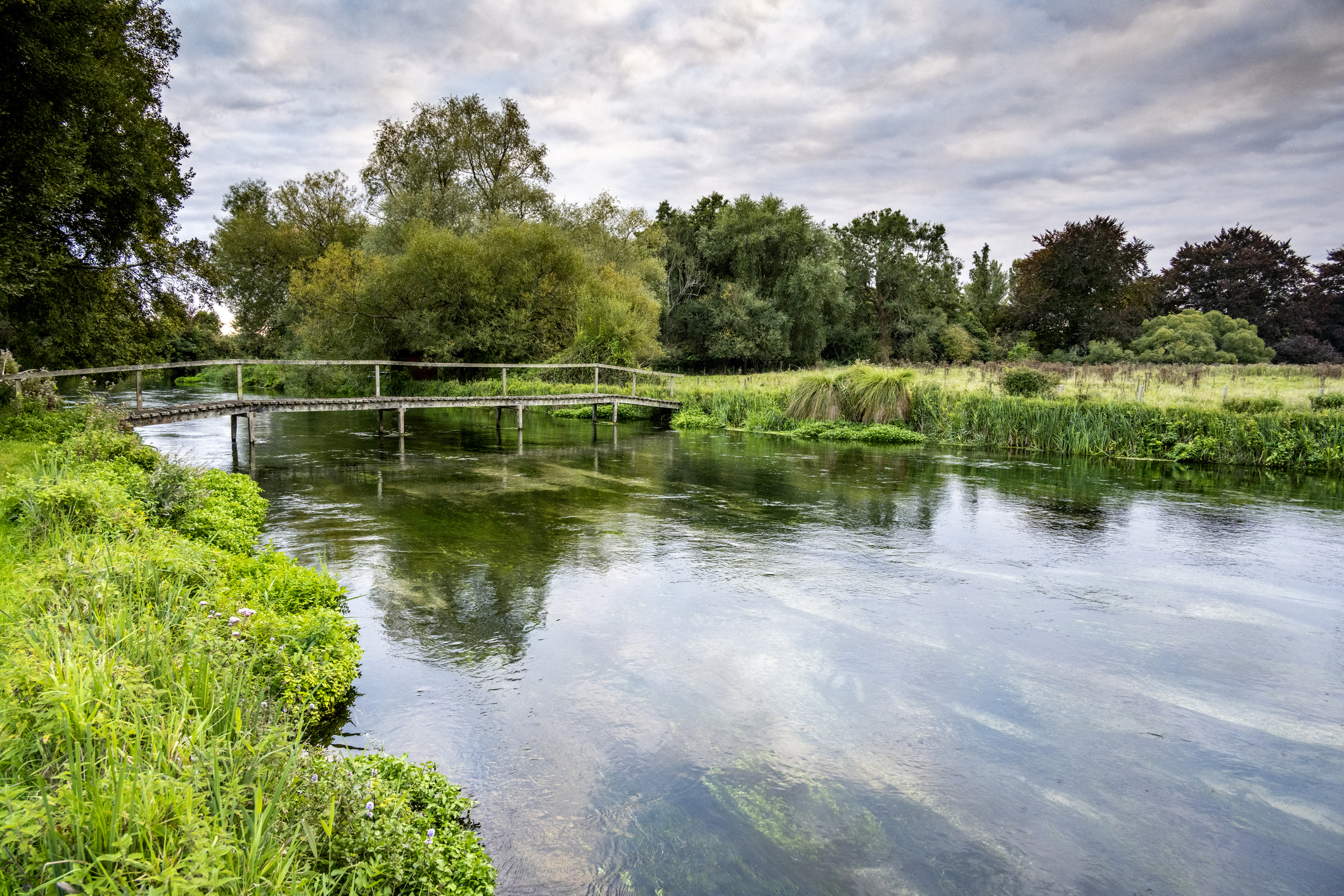
'We are in the midst of a sewage scandal and the natural world is paying the cost'
Country Life's leader article takes aim at the mess in the water industry.
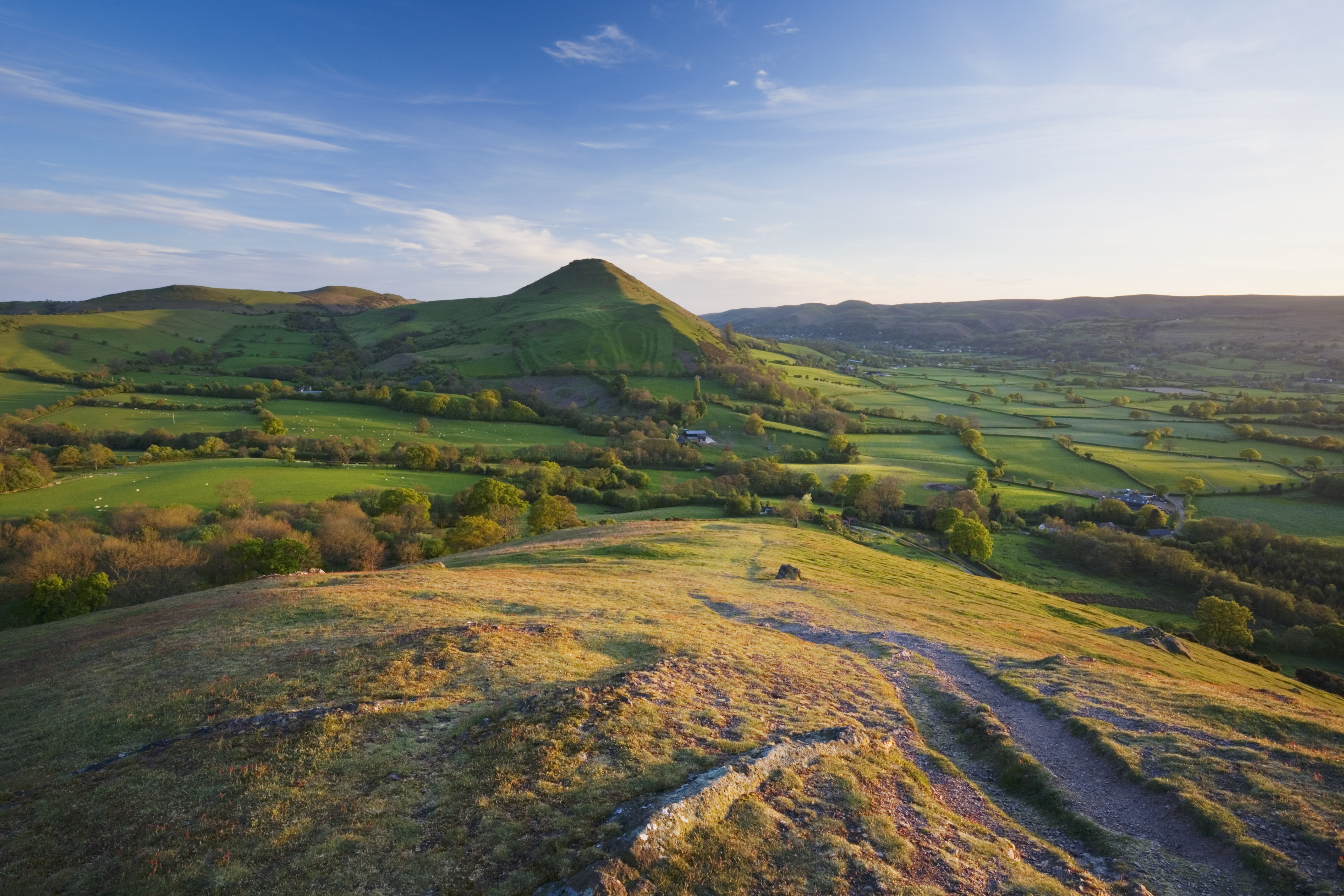
A £150 million, 10-year programme to help save the countryside: 'Our job is to give money away to do good things'
Lottery funding is now being used to benefit Nature with a new 10-year programme. Annunciata Elwes reports.
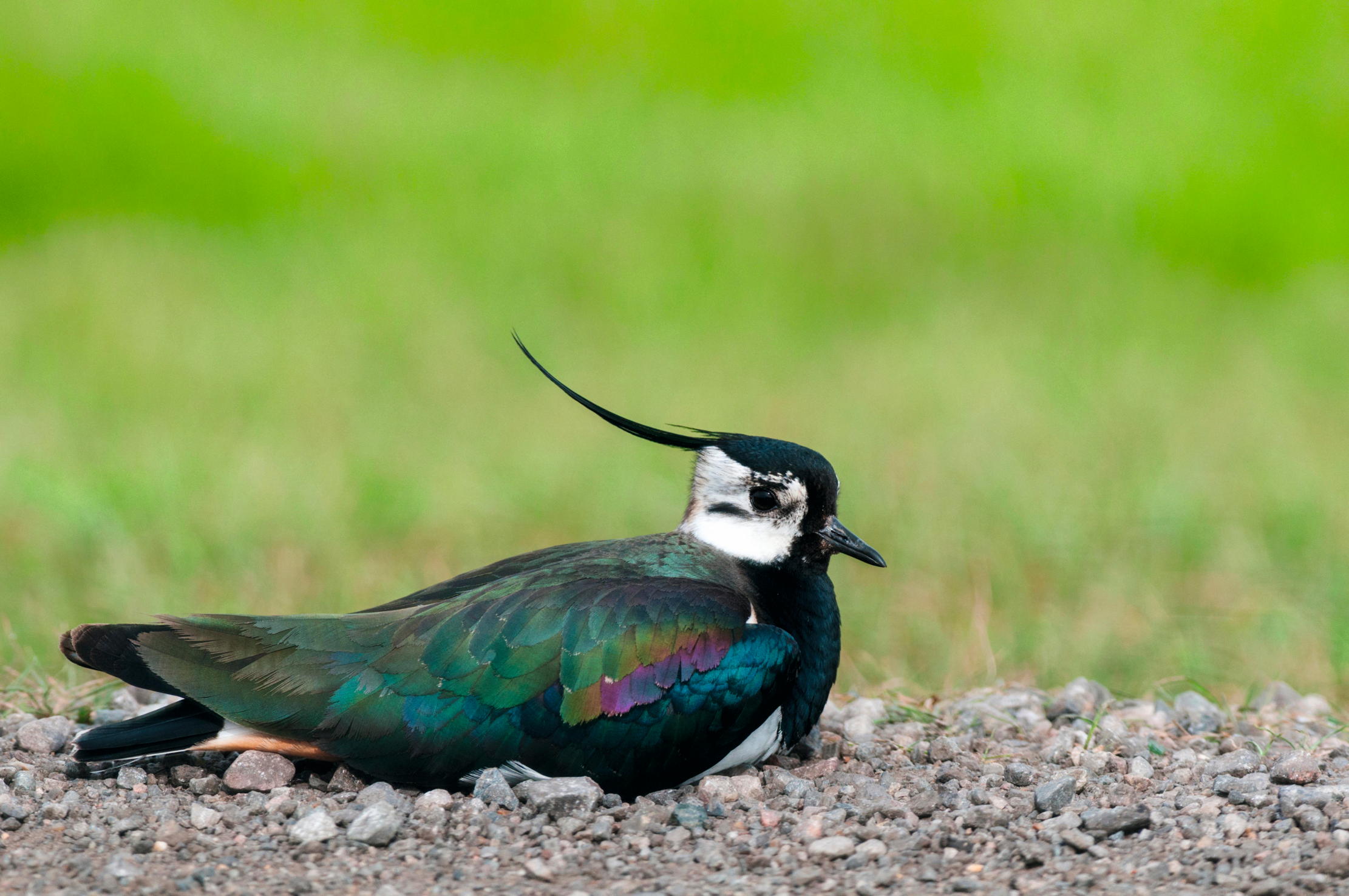
The Lapwing, the bird with dozens names that is 'one of the most evocative sights and sounds of the countryside'
Often preceded by its otherworldly call, the jaunty emerald-and-purple lapwing is an increasingly rare presence in southern England, says Vicky
Annunciata is director of contemporary art gallery TIN MAN ART and an award-winning journalist specialising in art, culture and property. Previously, she was Country Life’s News & Property Editor. Before that, she worked at The Sunday Times Travel Magazine, researched for a historical biographer and co-founded a literary, art and music festival in Oxfordshire. Lancashire-born, she lives in Hampshire with a husband, two daughters and a mischievous pug.
